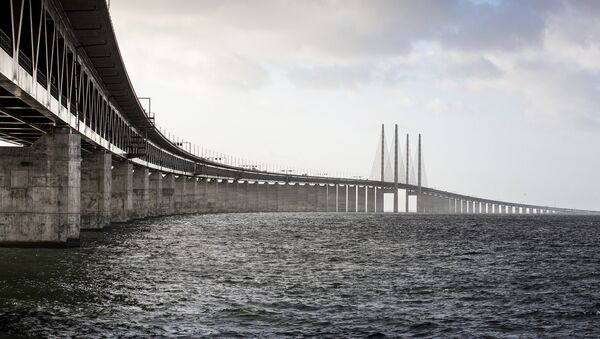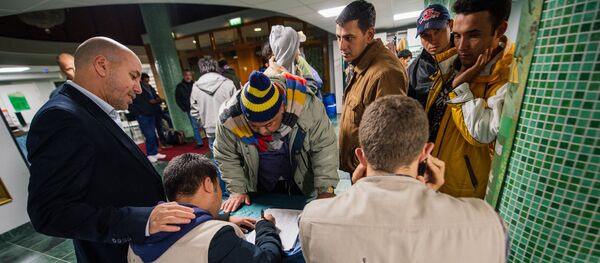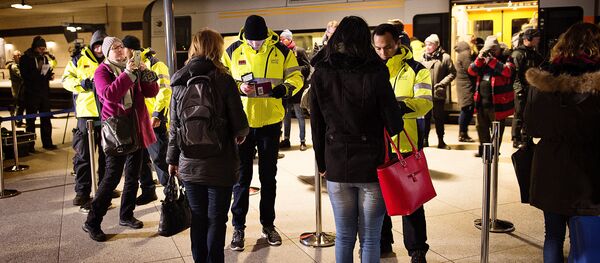"The EU has recognized Sweden's need for border controls," Interior Minister Anders Ygeman told public service broadcaster SVT.
The number of people seeking asylum in Sweden has reportedly dropped significantly since the border controls and ID checks were introduced. At present, Sweden takes in an average of under 500 asylum seekers a week, as opposed to almost 10,000 a week during the most hectic months of last autumn.
Nevertheless, border controls may not be a panacea, as a group asylum seekers were in May reported to have successfully crossed the Øresund bridge on foot for the first time. According to the local police, the number of unreported cases may well be higher.
Southern Swedish Chamber of Commerce CEO Stephan Müchler, a consistent opponent of the border controls claimed that people were leaving their jobs out of frustration over the changes to their daily commuting schedule.
"It's a sad blow to the region. We know that the controls cost around one million kronor ($120,353) per day. Besides, they also hurt integration," Southern Swedish Chamber of Commerce CEO Stephan Müchler said as quoted by Vestmanlands Läns Tidning.
The dual border controls have so far cost Sweden's transport operator Skånetrafiken a staggering 24.5 million krona (roughly 3 million dollars) in increased costs and shrinking passenger numbers, the southern Swedish newspaper Sydsvenskan reported. The toll on the Øresund Region's business community and residents is even greater.
"This is sabotaging people's everyday lives. This is sabotaging the environment. This is sabotaging the very idea of the Øresund region," she said.
The Øresund Region is a transnational metropolitan area, centered around the Øresund strait and the two cities on its either side, Copenhagen and Malmö. The Danish region of Zealand is connected to the Swedish region of Scania by the Øresund Bridge. The region has a population of almost four million and is one of Scandinavia's most densely populated areas.
Owing to the Nordic Passport Union, the Scandinavian countries have enjoyed over a half a century of visa-free travel since the 1950s. However, the idyll came to an abrupt end in November 2015, when border controls were first introduced.





